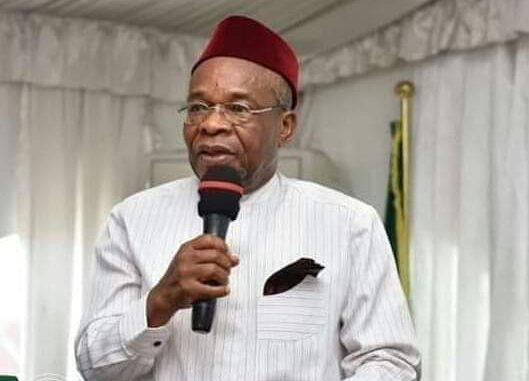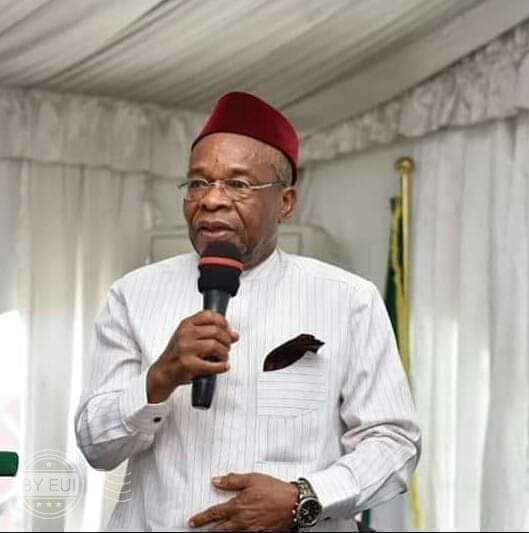
A former Member of the House of Representatives and ex-Minister of Lands and Housing, Chief Nduese Essien has tasked the National Assembly to ensure that the Petroleum Industry Bill (PIB) which is presently before the parliament addresses the ‘inconveniences and causes of disaffection’ in host communities in the Niger-Delta Region.
Chief Essien is of the opinion that the only way agitations and restiveness would be put to rest in the Niger-Delta region was for the federal government to ensure justice and fairness to the oil producing communities and indeed the Niger-Delta region.
Interacting with newsmen, over the weekend in Uyo, Chief Essien who represented Eket/Esit-Eket/Ibeno/Onna Federal Constituency in the National Assembly argued that the current state of affairs in the nation’s petroleum industry is skewed to perpetually deprive oil producing communities which are suffering from environmental effects of oil related activities such as gas flaring.
Questioning the rationale of allocation of oil blocs to Nigerians from non producing areas of the country only , the former parliamentarian wants the federal government to also include oil producing communities in the allocation of oil blocs, and dismissed as ‘erroneous and mischievous’ the belief in some quarters that the petroleum oil deposits in the Southern parts of Nigeria belonged to the North.
“Petroleum Industry Bill, PIB should look into and be able to address the inconveniences and the causes of disaffection with host communities that have always lead to disruption of production and the rest of it.
“There is Gas flaring occurring in the area of production and the penalties paid out to other parts of the country instead of paying it to the communities negatively affected by hazardous environmental effects of oil gas flaring.
“For a smooth and peaceful functioning of the Petroleum Industry, the way out is to review the allocation of blocs and ensure no disparity occurs in the industry. Like you know, for many years now the NNPC is always headed by people from non oil producing areas. In fact, almost all the Board members for years have always come non oil producing communities”.
It is no longer news that crude oil dominates Nigeria’s economy, accounting for about 90% of the country’s foreign exchange earnings.
The Petroleum Industry Bill seeks to among others, provide legal, governance, regulatory and fiscal framework for the Nigerian petroleum industry, the development of host communities and related matter.
The Bill which vests the property and ownership of petroleum within Nigeria and its territorial waters, continental shelf and Exclusive Economic Zone in the Government of the Federation of Nigeria is divided into five chapters. They are: Chapter one: Governance and Institutions, Chapter two: Administration, Chapter three: Host Communities Development, Chapter four: Petroleum Industry Fiscal Framework, Chapter five: Miscellaneous Provisions
The latest iteration of Nigeria’s Petroleum Industry Bill (PIB) was forwarded to the National Assembly in September 2020. It has gone through first reading at both the Senate and House of Representatives.

